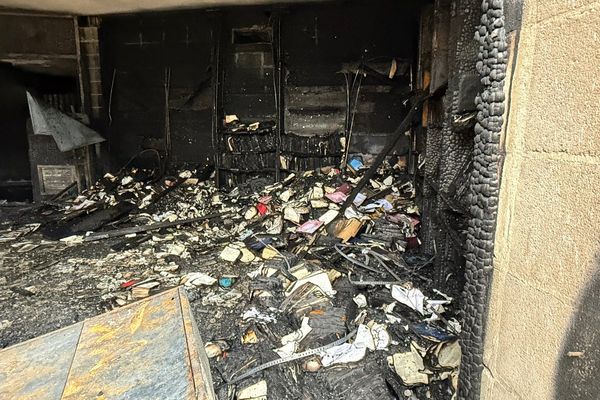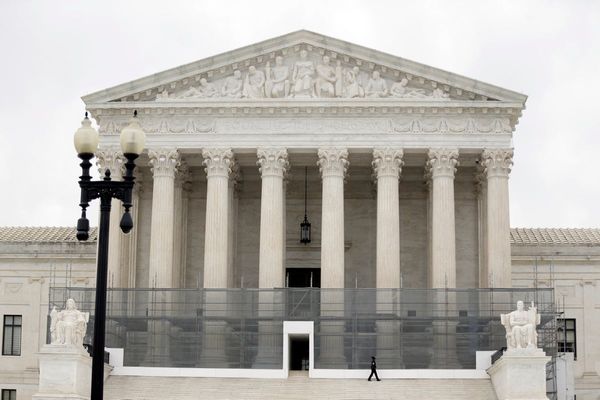
If you were born between 1981 and 1996, you’re considered part of the millennial generation, according to the Pew Research Center. Why does this matter? Because anyone born during this period will be in their 30s or 40s by the time January 2026 comes around.
See Next: 3 Reasons Gen Z Isn’t as Bad With Money as You Might Think
Trending Now: 6 Clever Ways To Pocket an Extra $1K This Month
And that means you might have a stable job and some assets built up, but there’s still plenty to be done to safeguard your money and build toward retirement. Dealing with money might not be the most exciting part of your daily routine, but it’s vital to your future.
Here are the top money habits you as a millennial ought to adopt heading into the new year, according to financial experts.
Save or Invest Anything Extra
Many millennials are in their prime earning years, but with pay increases often comes lifestyle inflation. Try to avoid the temptation of spending more as you earn more. Instead, put more money toward your savings or investments.
“Automatically directing even 30% to 50% of any income increase toward savings or investments lets you grow wealth without feeling deprived,” said Michael Unger, vice president of investments and planning at Coral Gables Trust. “You’ll still enjoy some of your raise, but you will also accelerate progress toward major goals like homeownership, retirement or building a safety net.”
For You: 8 Moves To Make Immediately If You’re a Baby Boomer Without Retirement Savings
This goes for an end-of-the-year bonus, too.
According to the U.S. Bureau of Labor Statistics (BLS), the average year-end bonus is between 2.4% (civilian) and 2.9% (private-sector) of an individual’s total annual compensation. That means someone earning $80,000 could get $1,920 to $2,320 extra just in time for the new year. That’s a decent amount to bolster your savings or investments.
Prepare for Emergencies
Sometimes, it doesn’t matter how much money you’re making or what kind of insurance policy you have. Life happens and so do unexpected expenses. While it might not be fun, your future self will thank you for creating an emergency fund — even a small one.
“If people are buried in debt, this will cause a ripple effect into a broader financial crisis,” said Peter Reagan, financial market strategist at Birch Gold Group. “By building a cushion now, millennials can protect themselves from unexpected expenses while also helping avoid being part of an economy-wide crunch.”
Focus on Long-Term Investments
It’s easy to get caught up in the hype of new or alternative investments, but there’s still something to be said for long-term planning and traditional investing.
“As a financial advisor who also belongs to the millennial generation, I see a clear behavioral gap. Many millennials are tech-savvy, curious and ambitious — but their approach to money often swings between extremes: speculative crypto bets or complete inaction,” said Yuri Nosenko, wealth advisor at Imperial Fund Asset Management.
Nosenko’s advice is to switch from hype-driven investing strategies to more structured, tax-efficient ones that build wealth. This means contributing to 401(k) plans, IRAs and the like.
“I see so many peers who can explain blockchain protocols but have never opened a retirement account,” Nosenko said. “The future of financial freedom isn’t in chasing the next coin — it’s in disciplined, compounding growth built on planning and consistency.”
Pay Off Low-Interest Debts
It’s easy to think of high-interest debts as the major culprit behind your financial stress. And while you shouldn’t ignore your credit cards or short-term loans, low-interest debts can be problematic, too.
“Paying off so-called ‘cheap debt’ might not feel urgent, but it should,” said April Lewis-Parks, director of financial education and communications at Consolidated Credit. “The compounding effect of carrying $5,000 to $10,000 balances can be detrimental and re-prioritizing debt payments now can free up cash flow for 2026 to 2027.”
Be More Intentional (and Aggressive) About Cutting Back
A basic, ad-free Netflix subscription costs $17.99 a month in 2025. A Hulu and Disney+ bundle (also ad-free) costs $19.99 a month. And that’s not to mention those other subscriptions or memberships you might be paying for each month.
It might take some time and you might lose a few conveniences, but now’s a good time to start cutting back on those extra costs.
“Free budgeting and subscription-tracking apps can help you identify where your money is going and decide which services are truly worthwhile,” Unger said. “Eliminating even a few can free up hundreds of dollars in yearly savings that can be redirected toward investments, debt payoff or experiences that genuinely add value to your life.”
It’ll be easier once you’ve done the deed, so to speak. You might even feel freer — financially and otherwise.
More From GOBankingRates
- 5 Items With Greater Value at Dollar Tree Than Costco
- Mark Cuban Tells Americans To Stock Up on Consumables as Trump's Tariffs Hit -- Here's What To Buy
- How Middle-Class Earners Are Quietly Becoming Millionaires -- and How You Can, Too
- 5 Things You Must Do When Your Savings Reach $50,000
This article originally appeared on GOBankingRates.com: 5 Money Habits Millennials Need To Adopt in 2026, Even If Begrudgingly







